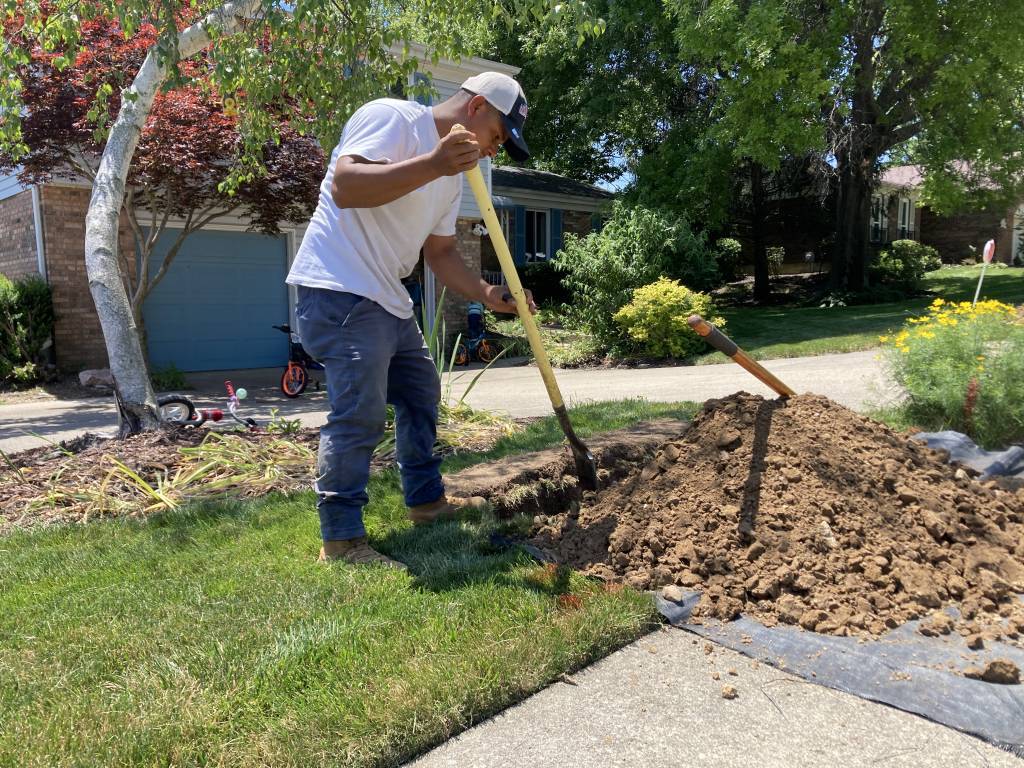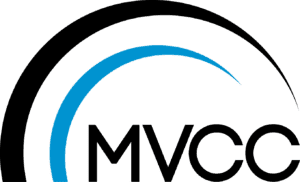By Nick Blizzard
June 2, 2024
The completion of a fiber network will allow a south suburban group to market a section of that system to internet service providers for seven cities, expanding options in those areas.
The Miami Valley Communications Council plans to sign a long-term deal to allow service providers in Centerville, Kettering, Miamisburg, Moraine, Oakwood, Springboro and West Carrollton to tap into 17 miles of strands and conduit in its Gateway Fiber Network, MVCC Executive Director Jay Weiskircher said.
The agreement with the Independents Fiber Network is expected to be signed in the next several weeks with the looming completion of Phase II of the 34-mile ring, Weiskircher said.
“Now we could sell this empty conduit to internet service providers. Or they might be interested in buying some of the fiber as well,” he said. “So that’s what we’re going to do be doing from here on out, is marketing that to internet service providers.”
Some strands still need splicing to complete the network, Weiskircher said. And what started as a $1.1 million initial investment by the seven cities now has a value of about $2.8 million, he added.
“We want to monetize the infrastructure,” Weiskircher said. “And we’re able to do that now.”
More than 30 businesses provide internet services in Ohio, according to broadbandnow.com. However, home service options are limited based on location, the website states.
For instance, about 10 providers are available to homes in the 45429 and the 45459 ZIP codes that include Kettering and Centerville, respectively, broadbandnow.com data shows.
Meanwhile, the 45066 ZIP code that involves Springboro has 12 providers, according to the website.
“Our leaders understand how critical connectivity is to a thriving community,” Centerville Mayor Brooks Compton, a member of the MVCC board, said in an email.
“By opening up options for internet service providers to utilize the network, we hope residents will benefit from increased competition, which can lead to better pricing and potentially faster internet speeds.”
The Independents Fiber Network agreed four years ago to pay for Phase II of the MVCC’s network in what IFN executive Robert Shema said then was “one of the first-of-its-kind public-private partnerships that will deliver state-of-the-art technology.”
A measure recently approved by the MVCC board allows the council and the IFN to sign an exclusive contract, Weiskircher said.
The deal would include the council transferring its Phase I ring assets to the Wapakoneta-based business, he said. In turn, the MVCC would have the rights to 120 optic fibers and 17 miles of empty conduit “to use, sell or lease as we deem appropriate,” according to Weiskircher.
IFN would receive an annual maintenance fee for the fiber and conduit, and oversee tap-ins for future service providers using the MVCC network, he said.
Talks have started with businesses which may want to use the network and IFN will be involved in those negotiations, Weiskircher said.

